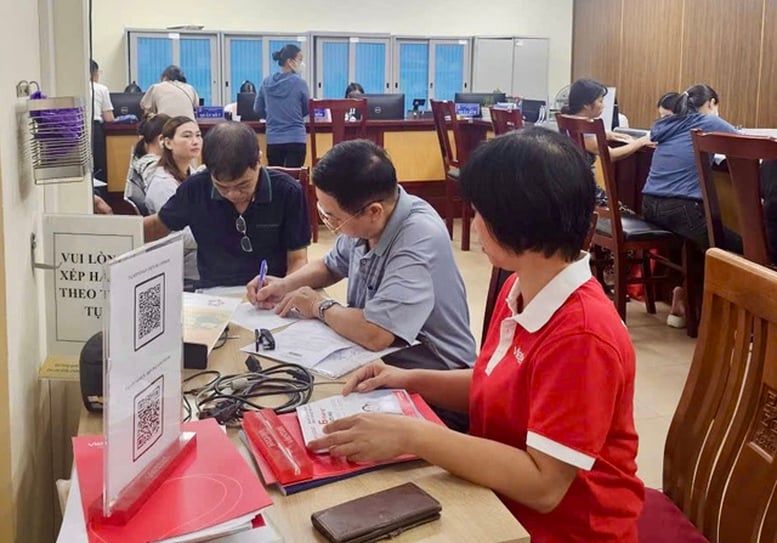
Increased autonomy
The draft Decree regulating the organization of public service units was developed to ensure consistency with the new organizational structure of ministries, branches, and localities after the abolition of the general department model and the rearrangement of internal units, while at the same time being consistent with the 2-level local government model.
Accordingly, one of the important points of the draft is to abolish the regulations on public service units under the general department, under the department within the general department to ensure compliance with the new organizational structure of the ministries. Replacing the phrase "District-level People's Committee" with the People's Committee of communes, wards, and special zones under the province or centrally-run city (collectively referred to as commune level) ensures compliance with the 2-level local government model.
The draft supplements the principle that newly established public service units must self-insure regular and investment expenses, except for cases established under the provisions of specialized laws (to ensure full coverage of newly established public service units with a level of autonomy to self-insure regular expenses according to the provisions of specialized laws such as the Construction Investment Project Management Board...).
Regarding the minimum number of employees, the draft Decree completes the criteria and conditions for the minimum number of employees when establishing a public service unit as civil servants. For public service units of groups 1 and 2, the minimum number of employees, including civil servants and professionals working under labor contracts, is determined according to the establishment project for ministries, branches and localities to implement in a unified manner.
Regarding the regulations on organizational autonomy, the draft basically inherits the regulations on organizational autonomy, the framework for the number of deputies of heads of public service units, and heads of departments of public service units.
Based on the provisions on the development and approval of the autonomy project of public service units in Decree No. 120/2020/ND-CP, to re-edit into a clause on the autonomy project of public service units, which specifically stipulates the content of the autonomy project and the procedures and authority to approve the autonomy project according to the level of autonomy of the public service unit for ministries, branches and localities to use as a basis for implementation.
Supplementing regulations on ranking public service units
One of the notable points is the addition of regulations on ranking public service units.
In performing the assigned tasks in Resolution No. 255/NQ-CP, the Ministry of Home Affairs has presided over and coordinated with ministries, branches and localities to review and evaluate the implementation of Decision No. 181/2005/QD-TTg to clearly identify the necessity and purpose of the ranking and propose to perfect the legal provisions on ranking public service units.
At the time of issuance, Decision No. 181/2005/QD-TTg and Circulars of ministries guiding the ranking of public service units by industry and field were the basis for ranking public service units under ministries, branches and localities to serve the implementation of salary regimes for public employees and the application of position allowance regimes for leaders and managers at public service units by industry and field (the same type of public service unit has the same legal status, providing the same public service but the position allowance regime for leaders and managers of these units is different according to the rank of the unit).
Up to now, the ranking of public service units according to the above regulations is no longer consistent with the Party's policy on reforming salary policy in Resolution No. 27-NQ/TW. On the other hand, implementing the principle that a public service unit can provide many public service services of the same type in Resolution No. 19-NQ/TW, public service units under ministries, branches and localities have been rearranged and reorganized to form a multi-sector public service unit, so the circulars guiding the ranking of public service units by each sector and field issued by the ministries do not fully reflect the overall effectiveness of the activities of this type of public service unit.
From the above practices, in order to create initiative for ministries in guiding the ranking of public service units according to the specific characteristics of each industry and field in case of necessity, the Ministry of Home Affairs proposes to abolish Decision No. 181/2005/QD-TTg and add in the draft Decree an article regulating the ranking of public service units with principles on the tasks of ministries as follows:
“Based on the criteria and standards for the quality of public service in each sector and field according to the provisions of specialized laws, the ministries managing the sector and field shall amend, supplement, replace, abolish or issue new documents guiding the ranking of public service units by sector and field of management (if necessary) to improve the management capacity, effectiveness and efficiency of operations and allocate resources to public service units according to the ranking system, improve the quality of public service to meet the needs of the people, increase career revenue, and promote the financial autonomy of the units”.
In addition, the draft Decree removes the provisions on the authority of the Ministry of Finance to implement according to the provisions of law on management, use of public assets and financial autonomy of public service units. Supplementing the authority of the heads of ministries, branches and localities in annually assessing the performance of public service units under their management based on criteria and standards for the quality of public service using the state budget...
Thu Giang
Source: https://baochinhphu.vn/doi-moi-quy-dinh-ve-xep-hang-don-vi-su-nghiep-cong-lap-102250826120237471.htm








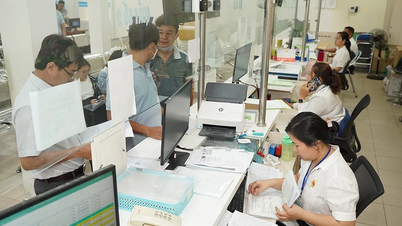



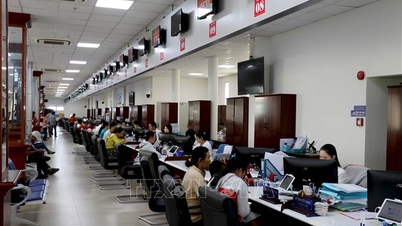

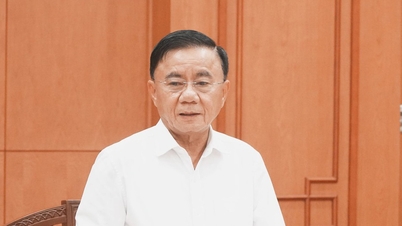

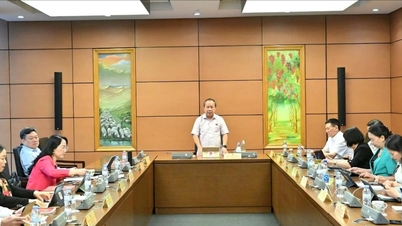


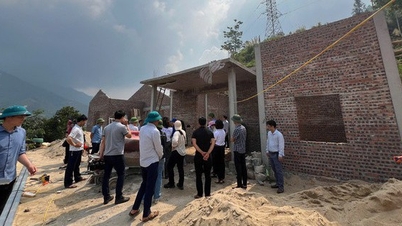


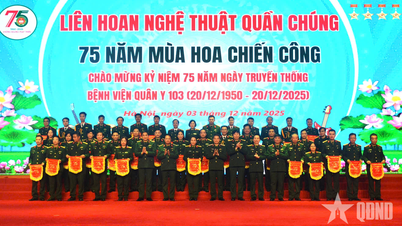



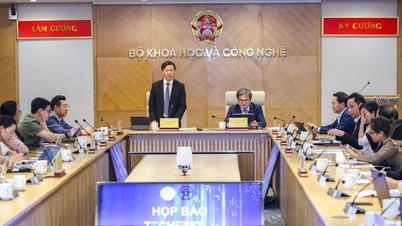










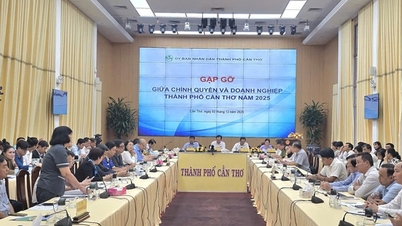
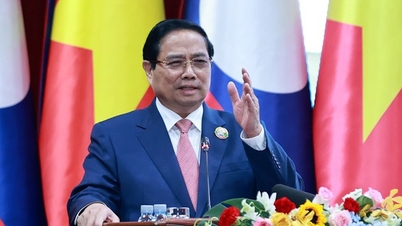
![[Photo] Parade to celebrate the 50th anniversary of Laos' National Day](/_next/image?url=https%3A%2F%2Fvphoto.vietnam.vn%2Fthumb%2F1200x675%2Fvietnam%2Fresource%2FIMAGE%2F2025%2F12%2F02%2F1764691918289_ndo_br_0-jpg.webp&w=3840&q=75)
![[Photo] Worshiping the Tuyet Son statue - a nearly 400-year-old treasure at Keo Pagoda](/_next/image?url=https%3A%2F%2Fvphoto.vietnam.vn%2Fthumb%2F1200x675%2Fvietnam%2Fresource%2FIMAGE%2F2025%2F12%2F02%2F1764679323086_ndo_br_tempimageomw0hi-4884-jpg.webp&w=3840&q=75)

















































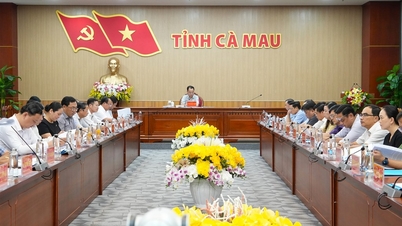

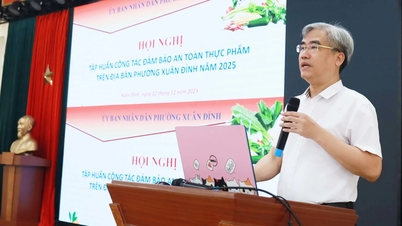

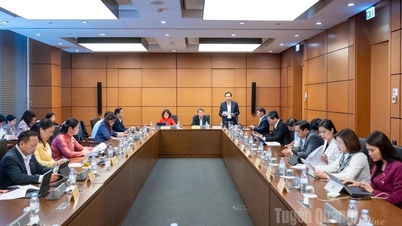

















Comment (0)